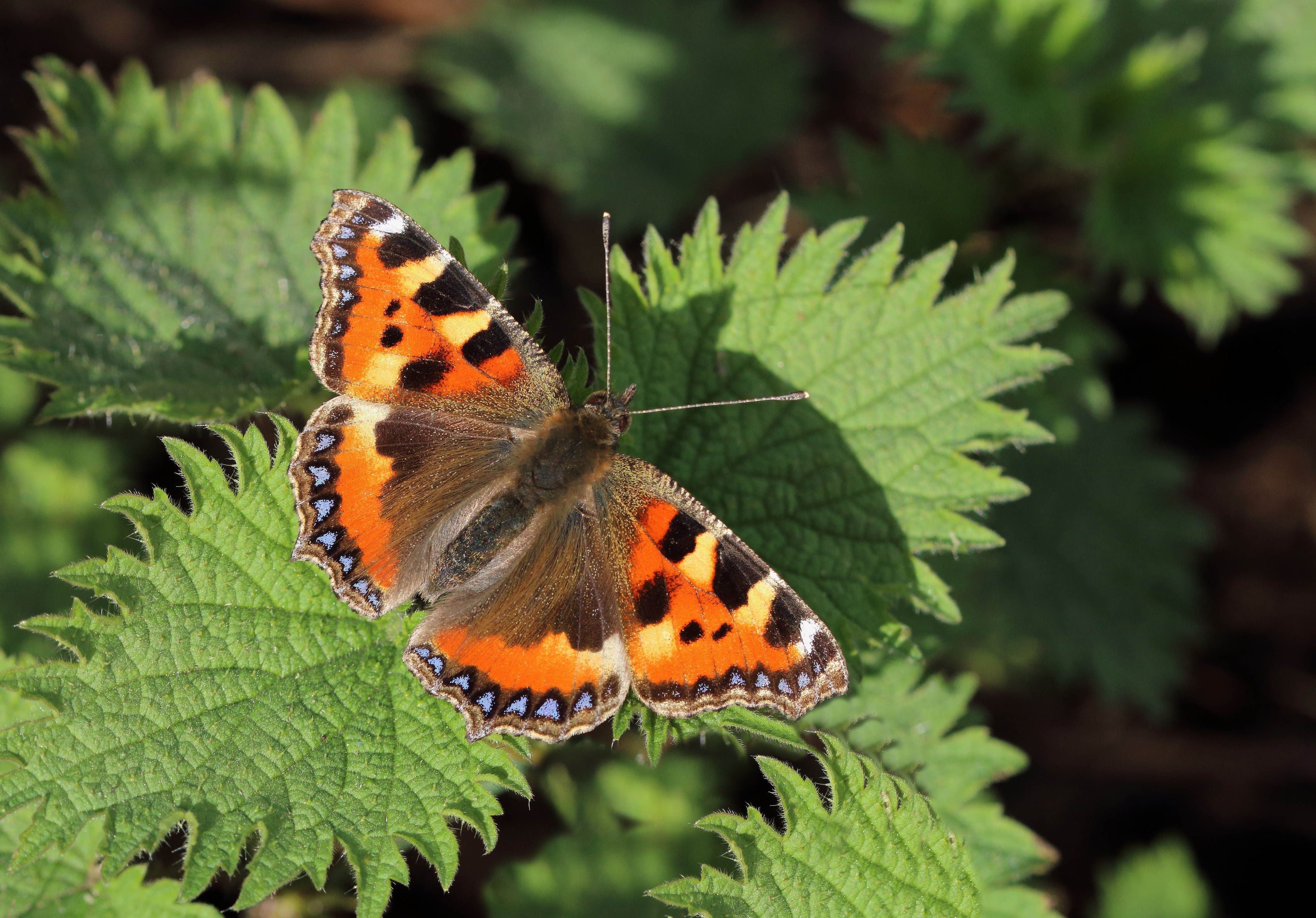Britons urged to join national butterfly count to save dwindling species
The Big Butterfly Count is a ‘valuable snapshot’ of how the insects are faring, Butterfly Conservation said

Members of the public are being urged to join Britain’s annual Big Butterfly Count, as experts warn that time is running out to save some species.
A recent report from wildlife charity Butterfly Conservation warned that more than two-fifths of British butterflies are threatened with extinction, in the face of climate change, pollution and loss of habitat.
But, with the right information and conservation action, species can be brought back from the brink, the charity said, and the citizen science survey it runs gives it important data on how the insects are faring.
Thanks to the wonderful British public, who take part in their thousands, the Big Butterfly Count is the largest natural history citizen science project involving insects in the world and provides us with a valuable snapshot of what is happening for butterflies across the whole of the UK
The yearly Big Butterfly Count can act as an “early warning system”, helping scientists understand how environmental changes are affecting insects, and gather data from areas that would otherwise be unrecorded, experts said.
And spending some time in nature to observe butterflies as part of the count can be good for people’s mental health, they added.
Butterfly Conservation warned it is not just rare species that are under threat.
Common butterflies – which are featured in the count – have seen significant declines, such as the small tortoiseshell, once found in gardens throughout the country, which has fallen by 79% since 1976.
Last year people submitted 150,000 sets of results to the Big Butterfly Count, more than ever before, but it also saw the lowest average number of butterflies logged since the scheme began 13 years ago.
While more people are taking part, fewer butterflies and moths seem to be seen, and Butterfly Conservation wants to know if that trend is continuing in 2022.
Dr Zoe Randle, senior surveys officer at Butterfly Conservation, said: “Thanks to the wonderful British public, who take part in their thousands, the Big Butterfly Count is the largest natural history citizen science project involving insects in the world and provides us with a valuable snapshot of what is happening for butterflies across the whole of the UK.
“It can act as an early-warning system, letting us know how various environmental changes are impacting insects, and allows us to gather vital data from places that would otherwise be totally unrecorded.”
She added: “We really need people’s help this year to help us figure out where our butterflies are and what we need to do to save them.”
Spending time in nature is hugely beneficial to our mental health. Watching butterflies for just 15 minutes can be a wonderful and calming experience
Butterfly Conservation ambassador Dr Amir Khan said: “Spending time in nature is hugely beneficial to our mental health.
“Just a short amount of time spent in the natural world can alleviate stress, and connecting with nature can help us feel happier and more energised.
“Watching butterflies for just 15 minutes can be a wonderful and calming experience.
“It is good for you as well as benefiting butterflies by helping Butterfly Conservation gather the important data they need to understand how to better protect these special insects. It is truly a win-win situation for all of us.”
To take part in the UK-wide Big Butterfly Count people just need to spend 15 minutes in an outdoor space during sunny conditions and count the types and amounts of butterflies and some day-flying moths they see.
This year’s count runs from July 15 to August 7 and people can find out more and take part by visiting https://bigbutterflycount.butterfly-conservation.org/or downloading the free Big Butterfly Count app.